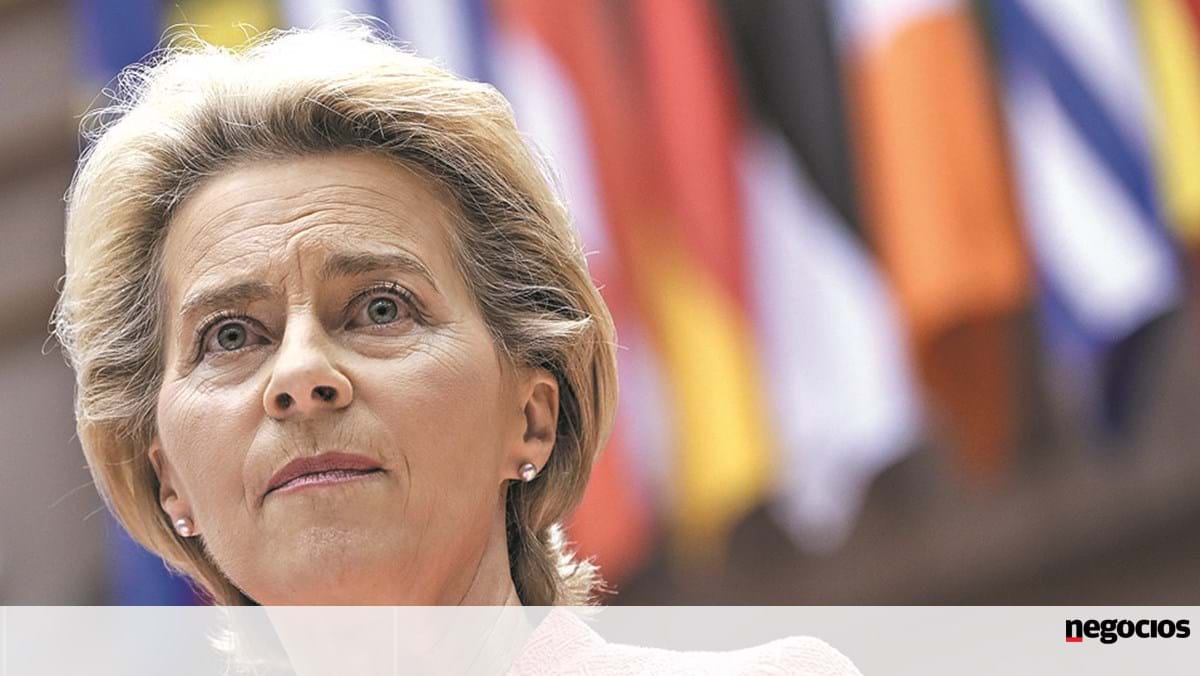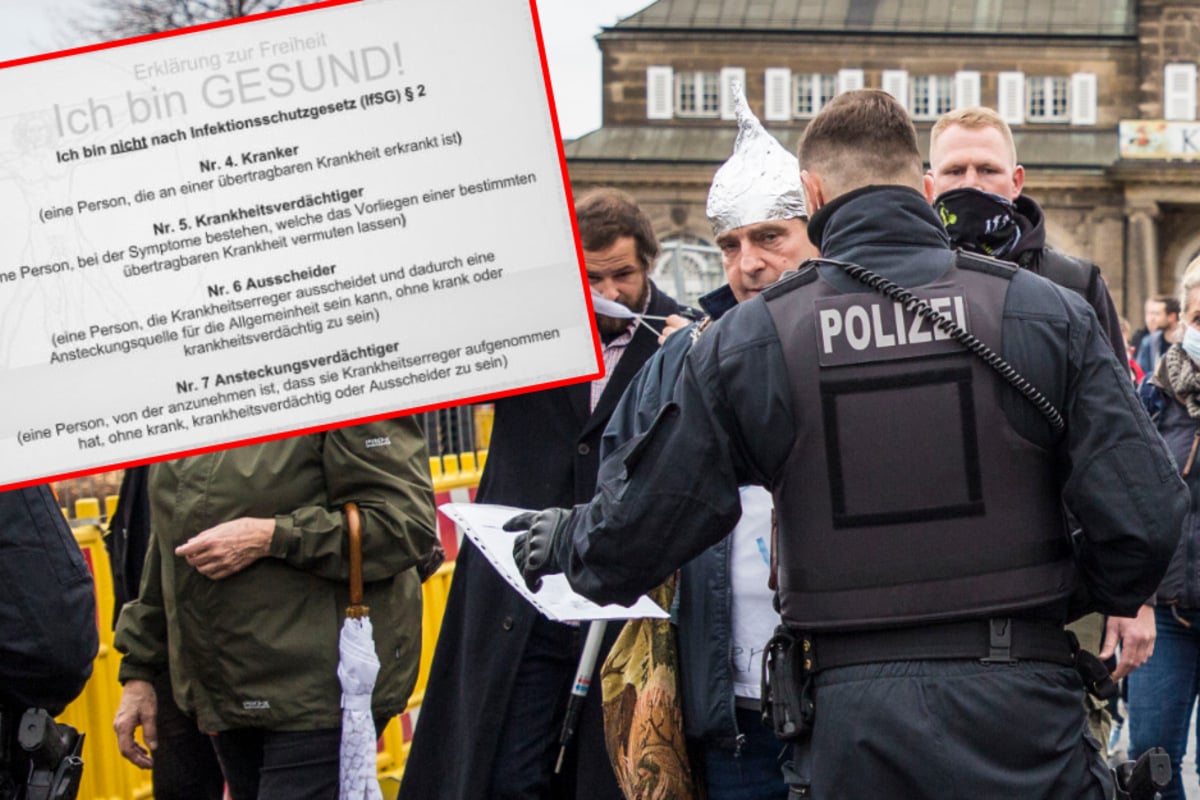After several days of deadlock and beyond the formal deadline for the approval of the EU’s multi-annual budget, Hungary and Poland agreed to step back and unblock the European budget and the recovery fund that will help Member States counteract the effects of the covid-19 pandemic.
The announcement was made this Wednesday, December 9, by Polish Deputy Prime Minister Jaroslaw Gowin, who said that the two countries have reached an agreement with Germany, which ensures the rotating six-month presidency of the EU Council, to unlock the EU’s multi-annual budget for 2021-2027, of 1.08 billion euros, and the associated post-pandemic recovery fund, of 750 billion.
The official stressed that the agreement can now be presented to the remaining member states and be fully finalized on Friday.
“For the time being, we have an agreement between Warsaw, Budapest and Berlin,” Jaroslaw Gowin said in remarks to journalists at reporters in Warsaw. “I believe that this agreement will also include the remaining 24 European capitals”.
Gowin declined to say any further details about the deal, saying only that it holds “Poland sovereign and the EU together”.
The EU budget and the recovery fund had been blocked by both countries, as they disagreed with the conditionality in accessing Community funds to respect for the rule of law. The stalemate threatened not only the € 180 billion that Hungary and Poland should receive in the coming years, but also the funds that Member States so badly need to recover from the pandemic-induced crisis.
The blockade by the two countries would also trigger an emergency budget for the EU from 1 January, which would see funding drop in almost all areas.
Understanding is now reached one day before the start of the European Council, scheduled for this Thursday and Friday (10 and 11 December) and at which EU leaders will have to sign any agreement.
Just yesterday, Germany had warned of the risks of not having an agreement to move forward with the stimuli, seen as essential to help Member States to relaunch their economies, which are strongly affected by the crisis.
“It would be irresponsible to further delay this essential support for our citizens. We need to quickly unlock this financial support that is so crucial for many Member States,” said German Minister for Europe, Michael Roth.
“The social and economic consequences of the crisis are becoming increasingly visible,” said Michael Roth, recalling that in July “a very substantial recovery package” was agreed and that all Member States have committed themselves to the principles the rule of law as “an essential value of the Union”.
–


